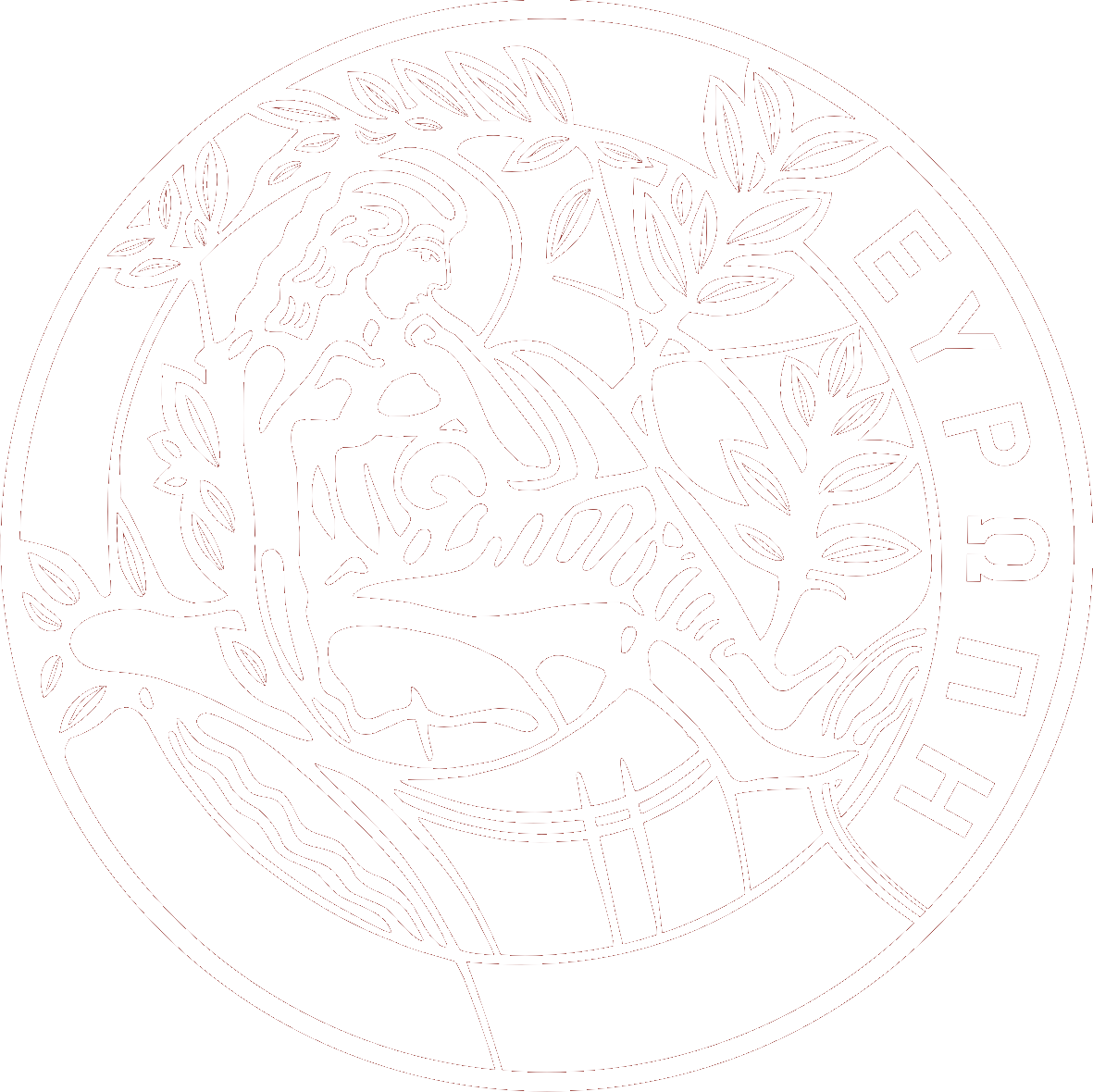Kostas Vlassopoulos
Extended CV: Click here
Kostas Vlassopoulos graduated from the Department of History and Archaeology of the University of Athens in 1999. He received his MA from the University of Crete in 2001, and completed his PhD dissertation at the University of Cambridge in 2005. He taught Greek history at the University of Nottingham between 2005-2015, before moving to the University of Crete, where he is currently teaching ancient history.
Research interests: the history of slavery, the study of globalisation and intercultural encounters in antiquity, comparative history, the history of political thought and practice and the history of historiography.
Links:
Recent publications:
- ‘Slavery in ancient Greece’ in A. Pargas – J. Schiel (eds), The Palgrave Handbook of Global Slavery throughout History, Springer (2023), 67-85.
- Greek and Roman Slaveries (with Ε. Μπαθρέλλου), Wiley-Blackwell. Blackwell Sourcebooks in Ancient History series. 2022.
- Enslaved Persons and their Multiple Identities in Ancient Societies, EB Verlag. Joseph C. Miller Memorial Lectures Series, vol. 14. 2022.
- Historicising Ancient Slavery, Edinburgh University Press. Edinburgh Studies in Ancient Slavery series, vol. 2021.
- ‘Slaves and rituals in ancient societies’ in da Riva – A. Arroyo – C. Debourse (eds), Ceremonies, Feasts and Festivities in Ancient Mesopotamia and the Mediterranean World: Performance and Participation, Zaphon Verlag (2022), 257-93.
- ‘Intercultural relations and the barbarian repertoire in Greek culture’ in Papadodima (ed.), Ancient Greek Literature and the Foreign: Athenian Dialogues II, Walter De Gruyter (2022), 7-28.
- ‘A Gramscian approach to ancient slavery’ in Zucchetti – A. M. Cimino (eds), Antonio Gramsci and the Ancient World, Routledge (2021), 101-23.
- ‘Subaltern community formation in antiquity: some methodological reflections’ in Courrier – J. C. Magalhães de Oliveira (eds), Ancient History from Below: Subaltern Experiences and Actions in Context, Routledge (2021), 35-54.
- ‘Intercultural exchange of knowledge in the archaic and classical Mediterranean’ in Suto (ed.), Transmission and Organization of Knowledge in the Ancient Mediterranean World, Phoibos Verlag (2021), 105-22.
- ‘Christianity and slavery: towards an entangled history?’, Post Augustum, 5, (2021), 62-103.
- «Η ζωή μου όλη»: καθημερινές ιστορίες δούλων από την αρχαιότητα (από κοινού με την Ε. Μπαθρέλλου), Πανεπιστημιακές Εκδόσεις Κρήτης. 2020.
- ‘The end of enslavement, Greek style’ in S. Hodkinson – M. Kleijwegt – K. Vlassopoulos (eds), The Oxford Handbook of Greek and Roman Slaveries, Oxford University Press (2019), 8.000 words.
- ‘Review article: recent books on ancient slavery II’, Αριάδνη, 25, (2018-9), 201-33.
- ‘Historicising the closed city’ in Dana – I. Savalli-Lestrade (eds), La cité interconnectée: transferts et réseaux institutionnels, religieux et culturels aux époques hellénistique et impériale, Ausonius (2018), 43-57.
- ‘Hope and slavery’ in Spatharas – G. Kazantzidis (eds), Hope in Ancient Literature, History and Art, De Gruyter (2018), 239-62.
- ‘Marxism and ancient history’ in Allen – P. Christesen – P. Millett (eds), How to Do Things with History: New Approaches to Ancient Greece, Oxford University Press (2018), 209-35.
- ‘Xenophon on Persia’ in A. Flower (ed.), The Cambridge Companion to Xenophon, Cambridge University Press (2017), 360-75.
- (with Ι. Xydopoulos) ‘Introduction: the study of violence and community in ancient Greek history’ in Vlassopoulos – I. Xydopoulos – E. Tounta (eds), Violence and Community: Law, Space and Identity in the Ancient Eastern Mediterranean World, Routledge (2017), 1-27.
- ‘Οι σύγχρονες θεωρίες της ιστοριογραφίας και η μελέτη της αρχαίας ιστορίας’ στο Μ. Ταμιωλάκη (επιμέλεια), Μεθοδολογικά ζητήματα στις κλασικές σπουδές, Πανεπιστημιακές Εκδόσεις Κρήτης (2017), 225-42.

